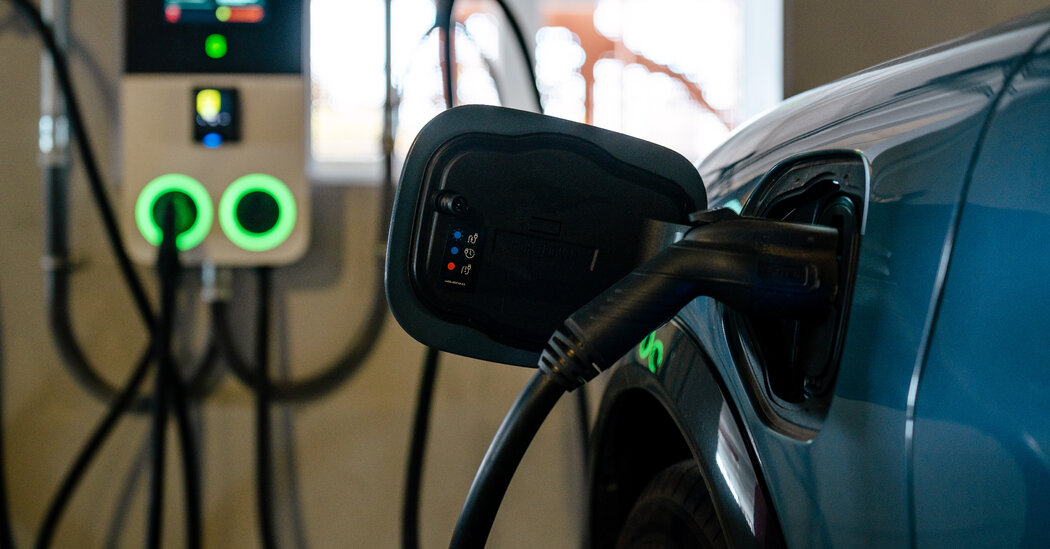DEARBORN, Mich. – Ford Motor Company announced its commitment to proceed with the construction and opening of a new battery manufacturing plant in Michigan, even amidst potential legislative changes that could eliminate federal tax incentives crucial to the project’s financial viability.
Immediate Impact
The $3 billion facility, located in Marshall, Michigan, about 100 miles west of Detroit, is set to utilize advanced battery technology licensed from the Chinese firm Contemporary Amperex Technology Ltd. (CATL). Ford initially decided to undertake this project with the expectation that federal tax credits from the Inflation Reduction Act would offset part of the costs. However, the potential removal of these credits poses a significant challenge.
Key Details Emerge
A Ford executive stated that losing these tax incentives would have a “very material” impact on the plant’s financial performance. The Inflation Reduction Act, a hallmark of former President Joseph R. Biden Jr.’s energy and climate change agenda, was designed to promote such projects.
Legislative Challenges
Republicans in Congress are currently drafting a policy bill aimed at restricting federal support for battery plants utilizing Chinese technology or materials. Former President Donald Trump has backed this initiative, criticizing Democratic strategies to bolster electric vehicle production and use.
Key Statistic: $3 billion investment in Marshall, Michigan plant.
Quote: “Losing the credits would have a very material effect,” a Ford executive noted.
Industry Response
The announcement comes as the automotive industry grapples with evolving policies and increasing competition in the electric vehicle market. Industry experts warn that such legislative changes could hinder technological advancements and slow the transition to greener energy solutions.
Expert Analysis
According to sources familiar with the matter, Ford’s decision to continue with the plant underscores its commitment to advancing electric vehicle technology and maintaining a competitive edge, despite potential financial setbacks.
Background Context
This development builds on Ford’s strategic efforts to expand its electric vehicle lineup and reduce its carbon footprint. The timing is particularly significant because the automotive industry is at a crossroads, balancing innovation with regulatory compliance.
By the Numbers
- $3 billion: Total investment in the battery plant
- 100 miles: Distance from Detroit to Marshall, Michigan
- 2 years: Time since Ford decided to build the factory
What Comes Next
Ford’s unwavering stance on the battery plant signals its long-term vision for electric vehicles. The move represents a significant shift from reliance on traditional manufacturing bases to embracing cutting-edge technology partnerships. As the legislative landscape continues to evolve, Ford and other automakers will need to adapt swiftly to maintain their market positions.
Meanwhile, industry stakeholders and policymakers will be closely monitoring the situation, as it could set a precedent for how future projects involving international technology partnerships are handled in the United States.
